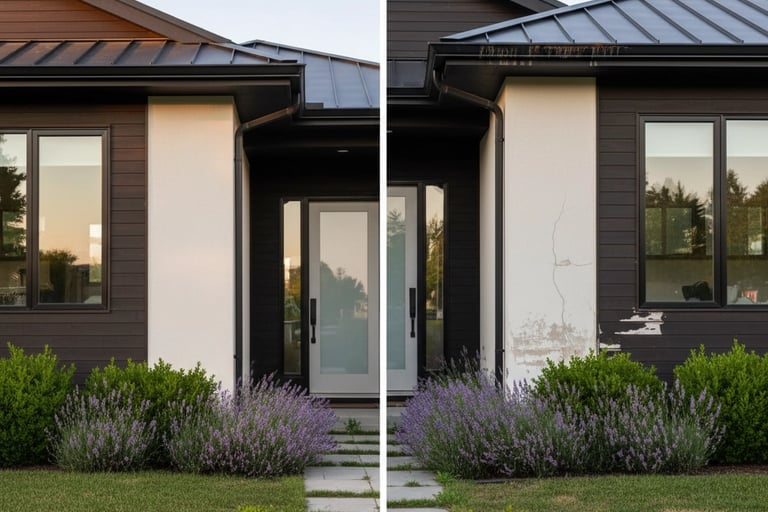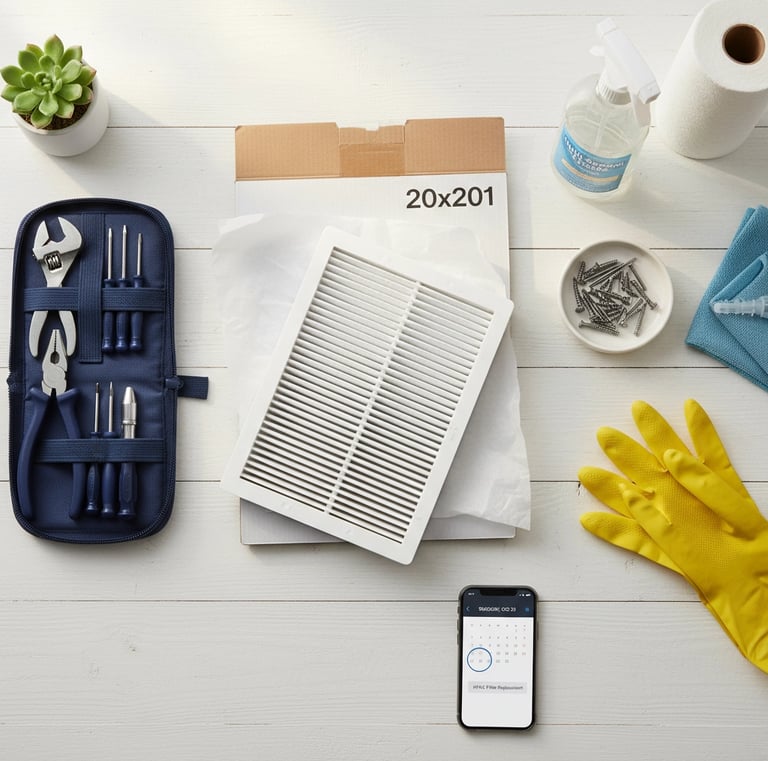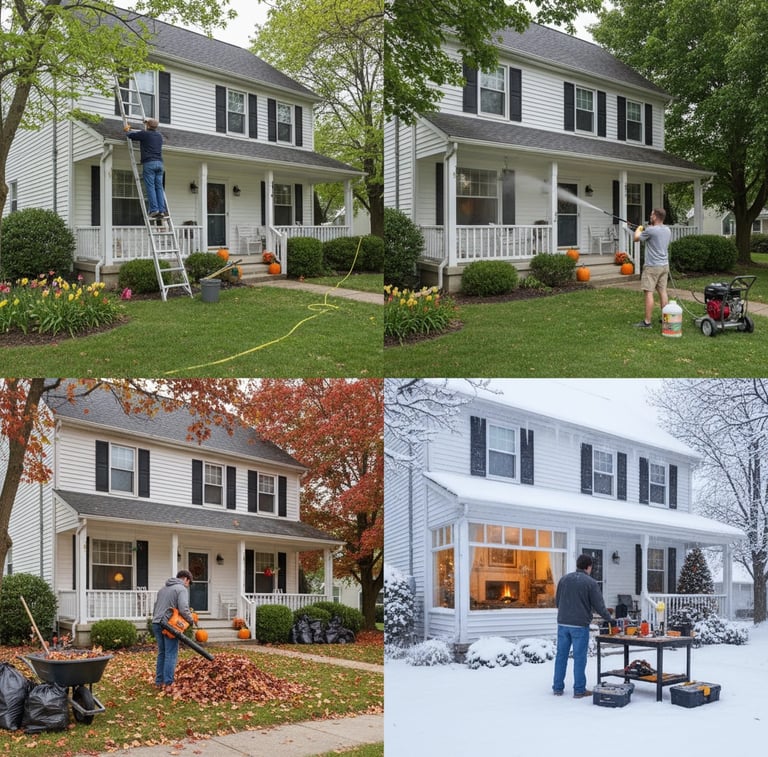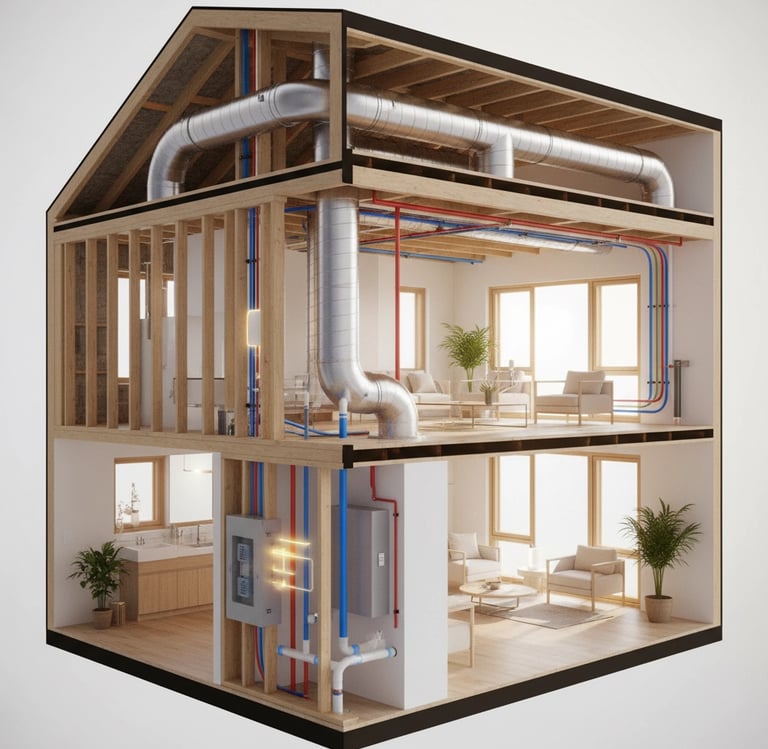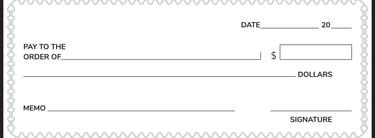The Ultimate Guide to Preventative Home Maintenance: Everything You Need to Succeed
If you're tired of surprise repair bills and want to protect your home's value while avoiding costly emergencies, preventative maintenance is your best friend. Think of it as regular check-ups for your house: small investments of time and money now that save you thousands later. By following a systematic approach, you'll catch problems early, extend your home's lifespan, and enjoy peace of mind knowing everything is running smoothly.
10/5/20255 min read
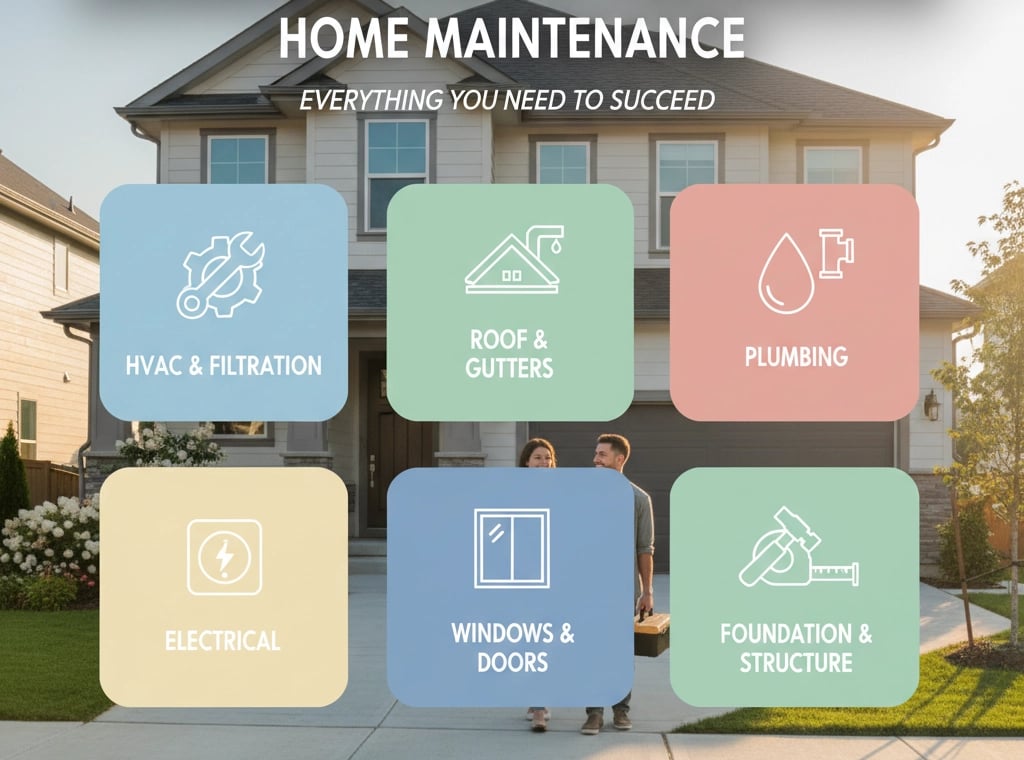

Why Preventative Maintenance Matters More Than You Think
Most homeowners wait until something breaks before taking action. But here's the reality: a small leak today becomes water damage tomorrow, and a clogged gutter becomes foundation problems next year. Preventative maintenance flips this script entirely. Instead of reacting to problems, you're preventing them from happening in the first place.
The financial benefits alone make this approach worth your time. Regular maintenance can prevent 95% of common home problems before they become expensive repairs. Plus, well-maintained homes retain their value better and often qualify for lower insurance premiums.
Monthly Tasks That Take Minutes But Save Thousands
Your monthly maintenance routine should focus on the systems that work hardest in your home. These quick checks take less than an hour but can prevent major headaches down the road.
Check and Replace HVAC Filters
This is hands-down the most important monthly task. Dirty filters force your heating and cooling system to work harder, leading to higher energy bills and shortened equipment life. Mark your calendar to check filters every 30 days: during heavy-use seasons, you might need to replace them monthly.
Test Safety Devices
Spend five minutes testing smoke detectors, carbon monoxide detectors, and your home security system. It's a small task that could literally save lives. Replace batteries immediately if any device chirps or fails the test.
Clean Your Garbage Disposal
A smelly disposal isn't just unpleasant: it's a breeding ground for bacteria. Drop some baking soda and vinegar down the drain, wait 15 minutes, then flush with cold water. Follow up with ice cubes and salt to clean the blades naturally.
Inspect Plumbing Fixtures
Take a quick walk through your home looking for leaks under sinks, around toilets, and near your water heater. Check that all faucets shut off completely and note any changes in water pressure. Catching leaks early prevents water damage that can cost thousands to repair.
Seasonal Maintenance: Working With Nature's Schedule
Each season brings specific maintenance needs. By aligning your tasks with the calendar, you'll stay ahead of weather-related problems and keep your home in peak condition year-round.
Spring: Preparation and Renewal
Spring is perfect for exterior maintenance. Clean your gutters thoroughly: clogged gutters can cause foundation problems and basement flooding. Inspect your roof for winter damage, looking for loose or missing shingles. Check your air conditioning system before the heat arrives, including cleaning outdoor units and scheduling professional tune-ups.
Summer: Peak Performance
Focus on tasks that are easier in good weather. Pressure wash your exterior surfaces, clean windows inside and out, and trim vegetation away from your home's exterior. This is also an ideal time to inspect and maintain outdoor systems like sprinklers and outdoor electrical fixtures.
Fall: Winter Preparation
Fall maintenance focuses on preparing for cold weather. Clean gutters again after leaves fall, winterize outdoor water spigots, and schedule heating system maintenance. Seal any gaps around windows and doors to improve energy efficiency during heating season.
Winter: Indoor Focus
Cold weather limits outdoor work, making winter perfect for interior maintenance. Deep clean appliances, organize storage areas, and tackle indoor projects like caulking bathrooms or lubricating door hinges.
Critical Home Systems That Need Regular Attention
Understanding your home's key systems helps you prioritize maintenance efforts where they'll have the biggest impact.
HVAC System Care
Beyond monthly filter changes, your heating and cooling system needs annual professional maintenance. Schedule tune-ups before peak seasons: heating maintenance in fall, cooling maintenance in spring. Clean vents regularly and keep outdoor units clear of debris and vegetation.
Plumbing System Vigilance
Water damage is one of the most expensive home problems to fix. Beyond monthly leak checks, periodically inspect your water heater for signs of corrosion or mineral buildup. Know where your main water shutoff valve is located: this knowledge can save thousands in emergency situations.
Roof and Gutter Protection
Your roof is your home's first line of defense against weather. Annual inspections should look for damaged shingles, flashing problems, and chimney issues. Keep gutters clean and properly aligned: sagging gutters can cause ice dams and foundation problems.
Foundation and Exterior Maintenance
Walk around your home's exterior regularly, looking for cracks, settling, or water pooling near the foundation. Keep vegetation trimmed away from siding and ensure proper drainage away from your home's foundation.
Creating Your Personal Maintenance Schedule
The key to successful preventative maintenance is having a system you'll actually follow. Create a simple schedule that works with your lifestyle and stick to it.
Start with a basic calendar approach. Mark monthly tasks on the same day each month: many homeowners choose the first weekend. Add seasonal tasks to your calendar four times per year, spacing them evenly. For annual tasks, pick dates when weather conditions are ideal and you typically have more free time.
Consider creating a simple checklist for each maintenance session. This ensures you don't forget important tasks and gives you a satisfying sense of completion as you check items off.
Digital Tools and Reminders
Use your smartphone to set recurring reminders for monthly and seasonal tasks. Many homeowners find success with simple notes apps or specialized home maintenance apps that track completion dates and send automatic reminders.
When to Handle It Yourself vs. Call a Professional
Not every maintenance task requires professional help, but knowing when to call experts can prevent dangerous mistakes and ensure quality work.
Handle these tasks yourself: changing filters, testing safety devices, basic cleaning, visual inspections, and simple lubricating tasks. These require minimal tools and carry low risk if done incorrectly.
Call professionals for: electrical work, gas appliance maintenance, roof repairs, complex plumbing issues, and HVAC system tune-ups. These tasks require specialized knowledge, tools, and often licensing for safety and legal reasons.
If you're unsure about any task, err on the side of caution. Professional handyman services can handle complex maintenance tasks safely and efficiently, often saving you time and potential costly mistakes.
Making Maintenance a Habit That Sticks
The most comprehensive maintenance plan fails if you don't follow it consistently. Start small with just a few monthly tasks, then gradually add seasonal and annual items as the routine becomes natural.
Track your progress to stay motivated. Keep a simple log of completed tasks: seeing your consistency over time reinforces the habit and helps you spot patterns or missed items.
Consider the return on investment. Every hour you spend on preventative maintenance typically saves 5-10 hours of emergency repairs and significantly more money. This perspective makes maintenance time feel like a smart investment rather than a chore.
Remember, preventative maintenance isn't about achieving perfection: it's about staying ahead of problems through consistent, manageable effort. Start with the basics, build your routine gradually, and enjoy the peace of mind that comes with a well-maintained home.
For complex tasks or when you need professional guidance, don't hesitate to reach out to experienced professionals who can help keep your home in excellent condition year-round.
